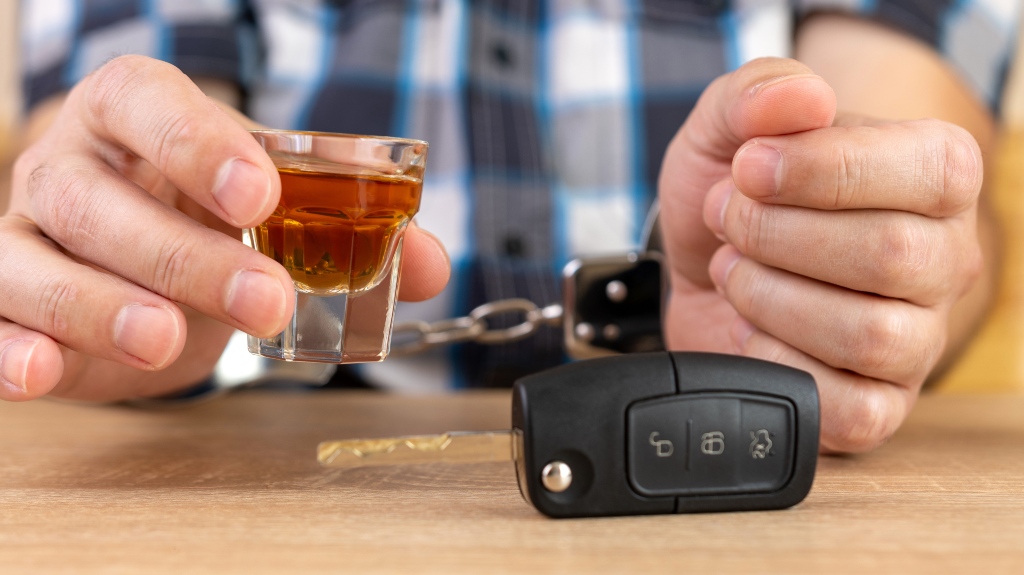A DUI charge in Chicago is a serious issue that can have significant financial, legal, and personal consequences. Pleading guilty to DUI means accepting legal responsibility for the charge, including the penalties and punishments accompanying it. A DUI conviction can impact your life for years. Understanding how pleading guilty can affect your life moving forward is crucial. A skilled DUI defense attorney can guide you through the legal ramifications and potential long-term consequences of pleading guilty to a DUI.
Illinois DUI Laws and Penalties
Illinois strictly governs DUIs under laws to protect public safety. It is illegal to drive a car with a blood alcohol concentration of 0.08% or higher, drive while under the influence of alcohol or drugs to the degree that impairs your ability to drive safely, or drive with any trace of a controlled substance in your system. A DUI is a Class A misdemeanor for a first offense. However, that charge can become a felony after the first offense or if the DUI has aggravating circumstances.
Why Do People Choose to Plead Guilty?
Pleading guilty to a DUI has significant consequences, but it may be a strategic decision. The prosecution may offer a plea bargain, which can reduce your charge in exchange for a guilty plea. This may also mean that the court will reduce the punishment for the charge. The choice to plead guilty belongs solely to the defendant, who can weigh their options based on several factors, including the evidence available.
Before deciding to plead guilty, you must explore your potential alternatives with your lawyer.
- Fight the Charge – An experienced DUI attorney can review the evidence and identify weaknesses in the prosecution’s case, which may mean a plea deal is not in your best interest. An attorney can argue to have the case dismissed.
- Court Supervision – First-time offenders may be eligible to avoid a conviction in exchange for completing specific court-assigned requirements.
Consequences of Pleading Guilty
A guilty plea means you waive your right to contest the charge in court. A guilty plea includes a criminal conviction on your record. This can affect employment opportunities, housing applications, and professional licenses.
- License Suspension – As a first-time offender, your driver’s license will be suspended for one year. The sentence may be longer if you refuse a chemical test, and your license may be revoked for multiple years if you have multiple offenses.
- Fines – Financial penalties for pleading guilty may include a $2,500 fine for a first offense.
- Jail Time – The court may issue up to one year in jail for a first DUI offense, but judges often impose community service instead of jail time for first-time offenders.
- Mandatory Programs – Courts may also require offenders to enter alcohol and drug education programs or substance abuse programs.
A DUI conviction may also make finding housing or getting a job difficult. Understanding all of the consequences before pleading guilty is essential.
Steps to Take Before Pleading Guilty
Pleading guilty is a significant decision that should not be entered into lightly. Before pleading guilty, defendants should consult an experienced DUI attorney who can access the case. The attorney can evaluate the evidence and explain the consequences to you before you make a decision.
A guilty plea may seem like the simplest solution, but it comes with a host of consequences. If you are contemplating whether to plead guilty to a DUI charge, Fabbrini Law Group can assist you. Please contact us online or call 312-494-3131 to learn more about your rights under Illinois law.


